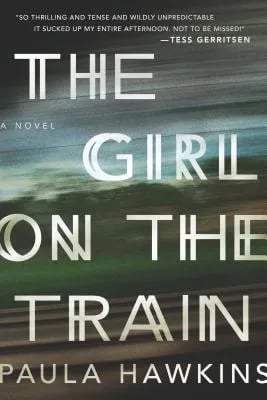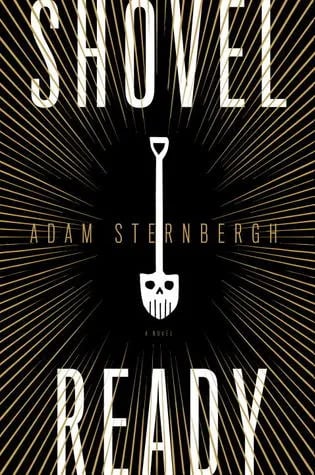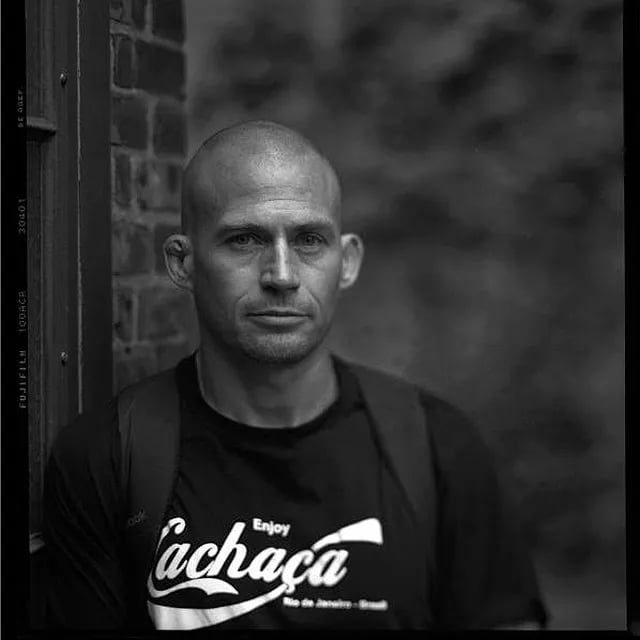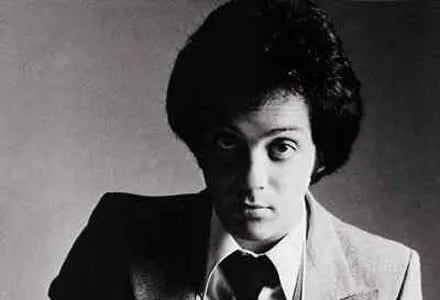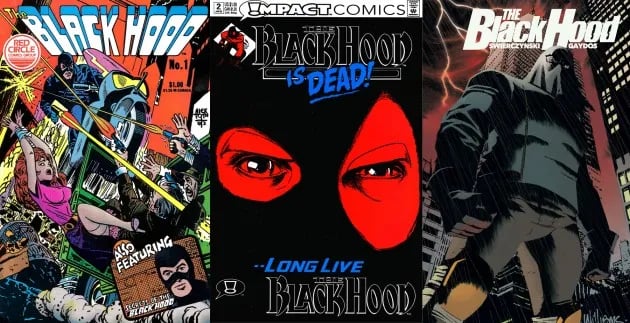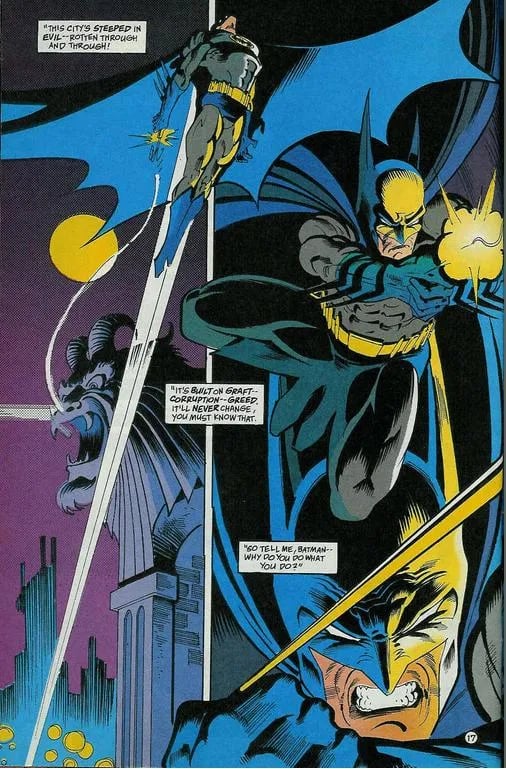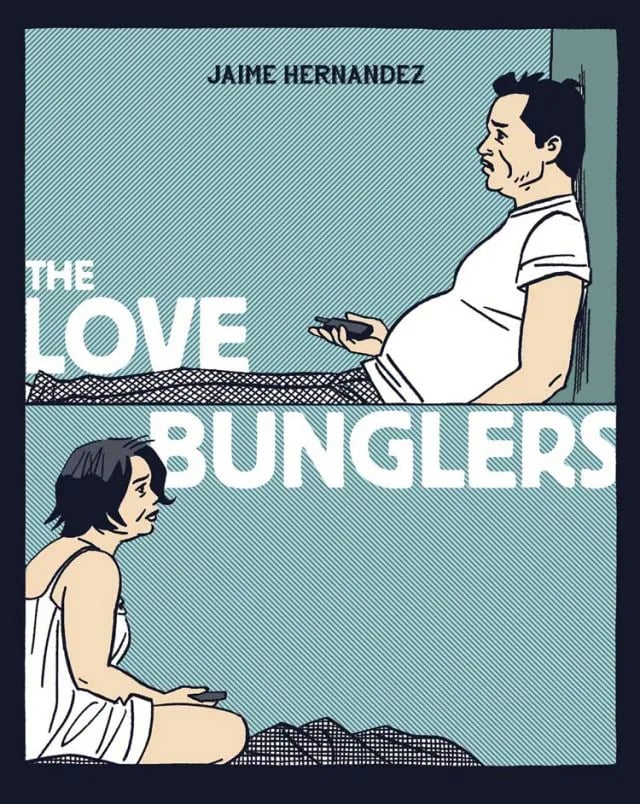Stuff & Nonsense 002: Music is My Radar
Hi. Welcome back. It's been a hectic, all over the place week - featuring the first cold of the year! - so I think that'll be reflected in the below.
Before I dive into what I'm currently reading, I should note that I finished Paula Hawkins' THE GIRL ON THE TRAIN (fittingly, on the train ride home from work). I've seen a lot of "you'll either love it or hate it"-style comments, and I understand where that's coming from, though I don't necessarily agree. But it's possible I'm in the minority, because I neither loved it or hated it. There were parts I liked - I thought the mystery, at least in terms of mechanics, was executed well - and parts I could have done without - the unavoidable "everyone is terrible" vibe, for example. I found myself rooting for the lead protagonist, and overlooking a few logic problems - both signs that I was, at least somewhat, enjoying the book. This goes back to what I said last week - THE GIRL ON THE TRAIN, if anything, is extremely readable. You'll burn through it and you'll wonder where the time went. This, more than anything else, is what echoed GONE GIRL to me. I do get why people are conflating the two, because they both feature unreliable narrators who happen to be female and are also flawed and potential unstable. But I don't think that's as new as perhaps some people want it to be. But decide for yourself - it's a quick, mostly entertaining read.
I'm about a quarter into Adam Sternbergh's debut novel, SHOVEL READY, which I'm revisiting in advance of diving into the sequel, NEAR ENEMY, which came out last month. It, too, is a fast read - but for different reasons. Early on we're introduced to Spademan, an ex-garbageman who is now a hired killer in near-future New York. Like many classic pulp/noirs, he has to find a missing woman. Unlike those, he has to kill her. Not surprisingly, it doesn't go as planned. I'm enjoying Sternbergh's prose and terse writing style, which evokes a lot of emotion very compactly. I also really enjoy how he weaves in the novel's sci-fi elements. They're not cumbersome, yet they also help build a bleak, menacing future world that doesn't seem all that far from where we are today. If you're a fan of Ben H. Winters' excellent THE LAST POLICEMAN trilogy, I'd check this out. As you may know, Sternbergh is a contributing editor at NEW YORK MAGAZINE. Here's a WIRED essay where he discusses NEAR ENEMY and explains his books' high concept a bit better than I do.
Have you heard? Harper Lee is coming out with another novel. I'm sure you've heard.
Not surprisingly, the news of GO SET A WATCHMAN's impending publication hasn't arrived without a dose of criticism (shocking, I know) - most notably this Jezebel piece and, to a lesser degree in terms of thoughtful analysis, this "response" to Vulture's interview with Lee's editor on The Toast. There's also this item from Lee's hometown paper that, while a bit more journalistically sound, still seemed a bit too keen on tearing everything down for my taste.
I've chimed in on a few social media threads about this, so I'll keep it brief - suffice to say, I think it's OK to question the appearance of this book, how it comes so soon after the death of Lee's sister/attorney and what that means in terms of how her estate is being managed and so on. However, that applies to the other side of the argument, too. You should question the cynics as much as the people pushing the PR.
Jabs at Lee, or jokes about her state of mind weaken whatever argument you're trying to build. Unless you've spoken to Harper Lee, her lawyer or her doctors, you don't know her state of mind, awareness, what have you. She's consistently been a very private person - so is it really that surprising that she's limited her involvement in the promotion of this book to a quote in a press release? It's also worth noting that this isn't the first time Lee's career has been put under the microscope, which can be seen as either a sign of continued shadiness or more reason for her to try and fly under the radar. We don't know either way, so we can only assume. And we all know what happens when we assume, right?
That's just my two cents. To counterbalance those stories, I suggest you read this Guardian article about jumping to conclusions in regards to Lee and whether she's really being exploited. Thanks to Erin for the link.
On the positive side, anything that promotes books, reading and the discussion of great novels like TO KILL A MOCKINGBIRD is good, right? It's A NEW HARPER LEE BOOK. How many of us thought that was coming? Not me. More cynically, the only surprising thing about a "lost" Harper Lee novel being found, published and made into a literary (and financial) event is that it happened while she's still around.
I meant to link to this story last week, and was reminded by this WNYC profile of PREPARATION FOR THE NEXT LIFE author Atticus Lish. I admire Lish's decision to not cash in any chips from his literary connections, and I found the WSJ profile of his small publisher to be extremely interesting - not only because it shows the inner workings of an indie dealing with an unexpected hit, but the color it adds when profiling Tyrant Books founder Giancarlo DiTrapano (not always in the best light, but that's what makes it a compelling read).
A few quick things:
I'm baffled by Internet trolling - the act of tormenting someone online because you disagree with them or just dislike their persona - so I found this episode of This American Life and this story to be really interesting. While we're on the topic of the World Wide Web, I could relate to this story about losing part of your virtual resume - as someone who was a journalist and blogger for a big part of my early professional life, I've felt the sting of sites going down or archives disappearing a few times - and it's pretty tough to deal with. My one bit of advice is to create your own, actual archive of your work, because you can't count on someone else to do it.
I enjoyed this Grantland profile of David Simon.
Some essential social media advice for authors, courtesy of Ellen Clair Lamb.
Here's your weekly Piano Man fix: Enjoy this Dangerous Minds profile of Joel's early band, Attila and Vulture's ranking of every Joel song. I feel "Pressure" got a raw deal.
According to this NPR segment (timed to the recent and excellent Sleater-Kinney reunion record): when indie darlings reunite, they tend to exceed their previous sales highs.
We talked a bit about podcasts last week - another really good one is Thinking Sideways, which I only mentioned in the roundup. It's in the same vein as other "mysterious happening/puzzle" shows like Futility Closet, Thinking Sideways spotlights an unsolved problem or mystery with each installment. I recently listened to their episode on the disappearance Michele Miscavige, the wife of the head of the Church of Scientology. I won't bias your listening with any theories, but it's worth 45 minutes of your time.
Jay Stringer is starting a Replacements-themed anthology that I would very much like to be a part of.
In terms of Dark Circle, the line of superhero comics I'm editing at Archie, we announced our digital plans via this interview with me on comic news and culture site COMICS ALLIANCE. The revamped digital "hubs" will include the "digital debut" of some beloved but out of print iterations of the heroes. Most notably, the Impact Comics version, which we'll be slowly rolling out each week. The digital news also confirmed the return of the NEW CRUSADERS series as a one-shot special. I imagine if that does well digitally, we'll consider bringing it back in some way. Our first new print series, the dark noir THE BLACK HOOD by Duane Swierczynski and artist Michael Gaydos, hits later this month. Here's a recent Duane interview that gives a good sense of what the book is about.
Norm Breyfogle was - and continues to be - one of my favorite Batman artists. It was his art that helped move me over from being a pretty loyal Marvel Zombie to at Batman-only fan for many of my early comic reading years. His line was fluid, his characters had a cartoon-y quality that still seemed at home in Batman's dark world and his layouts were cinematic without being confusing or obtrusive. I always wondered why he didn't get the same level of acclaim as other classic Batman artists like Adams, Aparo and so on. It saddens me that it takes something like his recent stroke to remind people that he's still around and, until very recently, still drawing. Paste Magazine had a great feature on him that updates readers on his condition (better, but not back), his finances (he didn't have health care when the stroke hit and he is trying to crowdfund his recovery with mixed results) and his demeanor (positive!). Please consider donating as well, if you can.
We're watching the new season of The Americans and it continues to be solid - I think it's the best drama on TV now. Unlike the much more unreliable Homeland, Americans has fewer valleys and the peaks are built toward as opposed to the adrenaline rush of, say, episode 10 of Homeland's most recent season. Start from the beginning, though. I found this New Yorker piece on the show and the politics of the time (it's set in 1982) and how they mirror our world now, to be a great example of how the show succeeds on many levels.
By the by, I never want this graphic novel to end (not the final cover, but I kind of like it). Started it a few days ago. Jaime Hernandez at the top of his game.
These are the albums/artists I've been listening to most this week:
Neil Young, On the Beach
Crowded House, Crowded House
Lou Reed, Transformer
Taylor Swift, 1989
Everything by The Handsome Family
Rilo Kiley, The Execution of All Things
And finally, this video reunion made my day.
